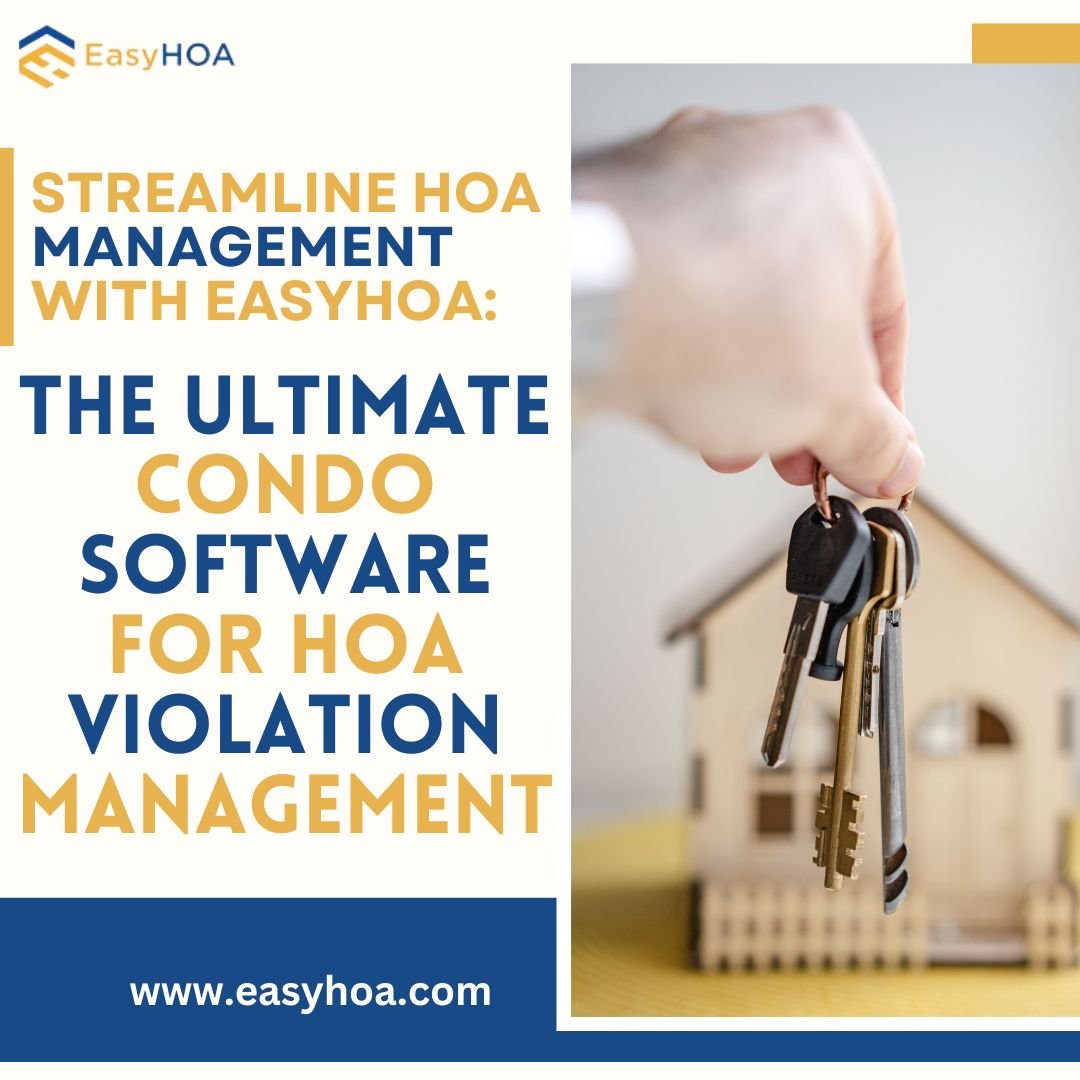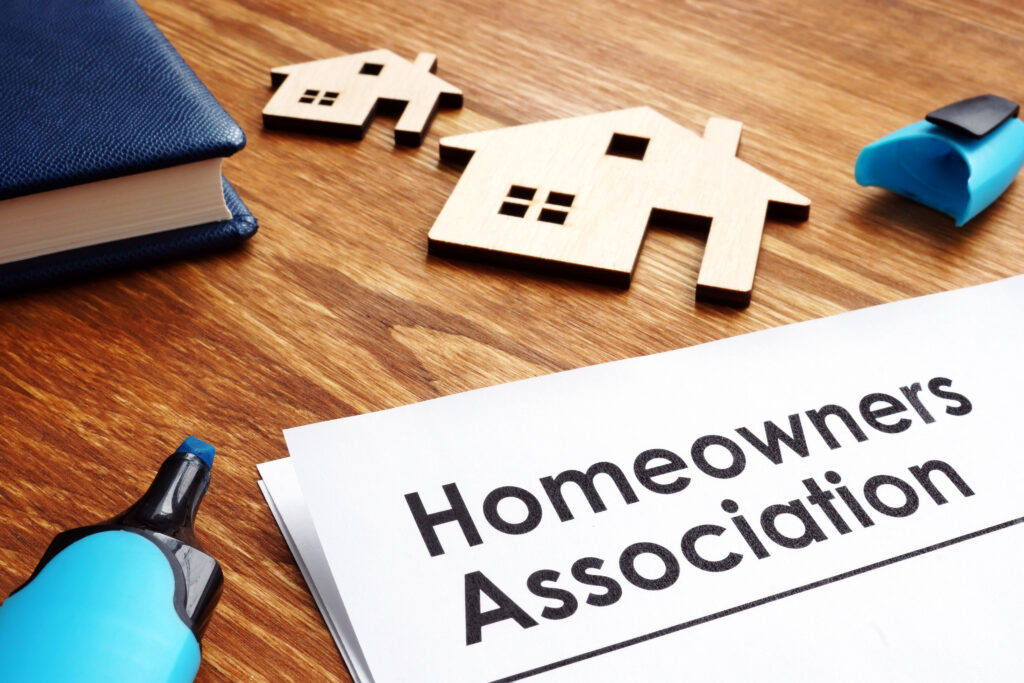From Financials to Maintenance: Grasping the Art of HOA Monitoring for Area Associations
Managing an area association calls for a delicate balance between economic obligations, effective interaction, and efficient upkeep operations. By diving into these vital areas, we intend to provide beneficial insights and approaches for mastering the art of HOA monitoring, leaving you geared up with the expertise and tools required to navigate the difficulties that might occur within your area association.
Comprehending Financial Responsibilities
What are the crucial financial obligations that area associations require to recognize and manage properly? Community organizations play a vital function in taking care of the financial resources of their areas. hoa management san antonio. To guarantee the economic health of the association, a number of vital responsibilities need to be understood and handled properly
Primarily, area associations need to develop and keep a detailed spending plan. This involves precisely approximating expenses and profits resources, such as regular monthly fees, unique assessments, and rental revenue. A well-planned spending plan allows organizations to allot funds for needed expenditures, such as repair and maintenance, insurance coverage premiums, and reserve funds for future capital projects.
Another essential financial responsibility is the collection of analyses and charges. Area organizations need to make sure prompt and effective collection of these fees to cover functional expenses and maintain the financial security of the organization. This consists of carrying out a clear and clear payment policy, addressing misbehaviors without delay, and implementing any type of needed lawsuits.
In addition, neighborhood associations should keep precise monetary records and prepare normal monetary statements. These declarations supply a clear photo of the organization's monetary health, consisting of earnings, expenses, and gets. Routine financial coverage allows board participants and home owners to track the association's financial efficiency and make informed choices concerning budgeting and spending.
Last but not least, neighborhood associations need to adhere to all appropriate economic regulations and tax obligation demands. This consists of filing tax obligation returns, keeping correct paperwork, and sticking to any type of lawful responsibilities connected to monetary monitoring.
Effective Communication and Cooperation
Reliable communication and partnership are vital for successful HOA monitoring and fostering a natural area. Community organizations count on efficient interaction to share essential details, address concerns, and make sure openness. A clear and consistent line of interaction in between the HOA board, residents, and building management is important for a well-functioning area.
One way to promote efficient interaction is via regular newsletters or emails that supply updates on area occasions, projects, and essential statements. This enables citizens to remain educated and involved in the community. Additionally, establishing open lines of communication with neighborhood online forums or city center conferences can give a system for homeowners to articulate their opinions, ask questions, and contribute to decision-making processes.
Collaboration is equally important in HOA management. Encouraging partnership among board members, committees, and residents cultivates a sense of ownership and shared responsibility. By involving residents in the decision-making procedure and proactively seeking their input, the area organization can produce a more unified and comprehensive atmosphere.
To facilitate effective collaboration, HOA management should develop clear objectives and objectives, delegate obligations, and motivate team effort. Normal meetings, both formal and casual, supply a chance for stakeholders to talk about ideas, address concerns, and job towards common objectives. By promoting a collaborative setting, neighborhood organizations can harness the varied skills, understanding, and perspectives of their residents to drive favorable change and improve community living.
Simplifying Maintenance Workflow
Streamlining upkeep operations is critical for economical and efficient HOA administration. By implementing efficient strategies, neighborhood organizations can guarantee that upkeep tasks are brought out efficiently and in a timely fashion, reducing disturbances and optimizing resident fulfillment.

On top of that, utilizing innovation can greatly improve upkeep operations. Carrying out a digital maintenance administration system (CMMS) permits associations to track work orders, routine preventive maintenance, and maintain an arranged record of maintenance activities. This not only enhances performance but likewise supplies a clear and responsible system for both homeowners and management.
Furthermore, contracting out particular upkeep jobs can additionally streamline operations. By employing specialized specialists for jobs such as swimming pool upkeep or landscape design, organizations can make certain that these tasks are handled by professionals with the required expertise, maximizing internal resources to concentrate on various other facets of HOA monitoring.
Focusing On Regulations and Rules
To make certain organized and reliable neighborhood living, prioritizing and imposing policies and guidelines is important for effective HOA management. hoa management san antonio. Area organizations count on a collection of guidelines to safeguard and maintain an unified setting property worths. By plainly defining and prioritizing guidelines and guidelines, HOA management can ensure that homeowners comprehend their responsibilities and assumptions
One of the initial steps in prioritizing rules and laws is to recognize those that are most vital for the neighborhood's well-being. This might include conducting a thorough review of the existing regulations and guidelines and recognizing any type of spaces or areas that need improvement. It is crucial to involve community participants in this procedure to ensure their buy-in and to address any ideas or worries they might have.
Once the most vital guidelines and laws have been determined, HOA monitoring should make certain that they are efficiently interacted to homeowners. This can be done through different methods, such as e-newsletters, emails, neighborhood conferences, and uploading notices alike locations. Clear and consistent interaction is important to make sure that homeowners recognize the laws and rules and comprehend read the full info here the repercussions of non-compliance.
Enforcement of policies and laws is similarly essential in preserving a well-functioning area. HOA monitoring have to develop a fair and consistent enforcement procedure, which might consist of cautions, penalties, and various other ideal measures. hoa management san antonio. It is very important to strike a balance between implementing the policies and policies and preserving positive partnerships with residents
Navigating Legal and Compliance Issues
Browsing lawful and compliance problems is vital for HOA monitoring to ensure adherence to laws and legislations. Neighborhood associations should operate within the bounds of the regulation to keep the depend on and confidence of stakeholders and home owners. Failing to adhere to legal needs can result in legal disputes, penalties, and damages to the association's online reputation.
To browse these issues efficiently, HOA administration must remain updated on government, state, and neighborhood laws that regulate community associations. This consists of understanding regulation associated to fair real estate, building, employment, and tax administration. Conformity with these laws includes implementing policies and procedures that shield the rights of home owners and guarantee openness in operational and economic issues.
In addition to lawful commitments, HOA management check these guys out should additionally adhere to the association's regulating papers, such as the laws, limitations, problems, and commitments (CC&R s) These documents describe the policies and laws that govern the community and may include stipulations regarding residential property upkeep, building standards, and disagreement resolution processes.

Conclusion
In final thought, understanding the art of HOA management for neighborhood organizations calls for a comprehensive understanding of financial duties, efficient communication and collaboration, simplifying upkeep operations, prioritizing rules and policies, and navigating legal and compliance issues. By efficiently applying these approaches, area organizations can make sure the smooth functioning and overall well-being of their areas.
By diving right into these essential areas, we intend to give useful insights and techniques for mastering the art of HOA monitoring, leaving you furnished with the understanding and tools needed to navigate the obstacles that might arise within your community association.
Neighborhood associations play an essential function in managing the financial resources of their communities. Area associations have to guarantee reliable and timely collection of these costs to cover operational expenditures and maintain the monetary security of the association. By cultivating a collaborative setting, community organizations can harness the diverse skills, expertise, and perspectives of their citizens to drive positive modification and boost community living.
To navigate these concerns properly, HOA management must remain updated on federal, state, and neighborhood laws that govern neighborhood organizations.